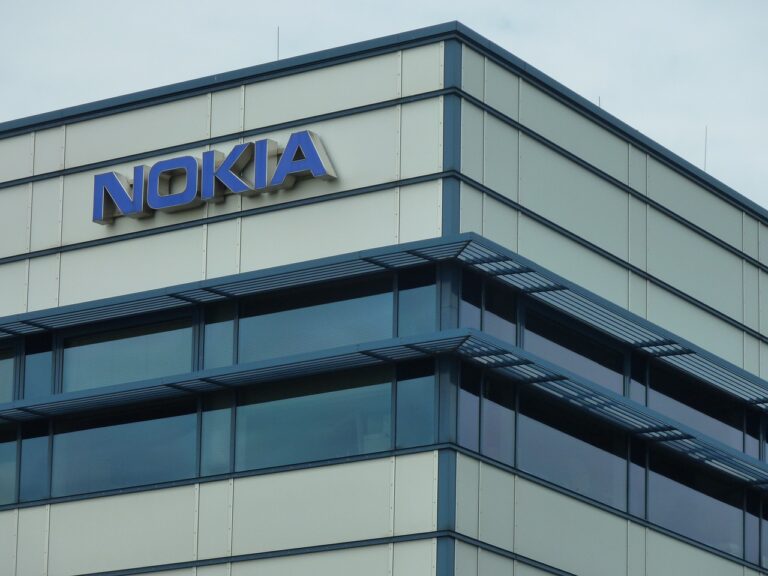What Is an Apostille and Why Do People in Las Cruces Need It?
An apostille is a specialized certification used to authenticate documents for international use, particularly between countries that are part of the Hague Apostille Convention. For residents and businesses in Las Cruces, New Mexico, obtaining an apostille is essential when you want Apostille Las Cruces New Mexico NM your official documents recognized and accepted abroad. Whether you are dealing with immigration, overseas education, business contracts, or legal matters, an apostille guarantees that your documents will be trusted by foreign authorities. Without this certification, documents may be rejected, delayed, or require a more complicated legalization process. Apostilles simplify international transactions and save time and money for individuals and organizations in Las Cruces involved in cross-border affairs.
Which Documents Commonly Require an Apostille in Las Cruces New Mexico?
Many types of documents may require apostille certification to be accepted internationally. Some common documents include:
-Birth, marriage, and death certificates issued by New Mexico state authorities
-Divorce decrees and adoption papers for international legal cases
-Notarized affidavits, powers of attorney, and sworn statements signed by New Mexico notaries
-Educational diplomas, transcripts, and certifications for studying or working abroad
-Business documents such as incorporation certificates, contracts, and licenses used in international trade
For a document to be eligible for an apostille, it must be either an original or a certified copy issued by New Mexico state agencies or notarized by a New Mexico-commissioned notary public.
How Does the Apostille Process Work in Las Cruces New Mexico?
The apostille process involves several key steps. First, ensure that your document is notarized properly by a New Mexico notary public or is an official certified copy issued by the appropriate New Mexico government department. For example, vital records must be obtained from the New Mexico Department of Health. Once you have the correct document, submit it to the New Mexico Secretary of State’s office, which is the official authority responsible for issuing apostilles in the state. The Secretary of State’s office verifies the authenticity of signatures, stamps, or seals on the document and then attaches the apostille certificate. This certificate confirms the document’s legitimacy for use in any of the more than 100 countries that recognize apostilles under the Hague Convention.
What Is the Difference Between Apostille and Authentication in New Mexico?
It is important to understand the distinction between apostille and authentication. Apostilles apply only to documents destined for countries that have signed the Hague Apostille Convention, offering a streamlined and internationally accepted certification process. If your document is intended for a country that is not a member of the Convention, then authentication is required instead. Authentication involves a multi-step certification process that usually includes verification by the New Mexico Secretary of State, the U.S. Department of State, and final legalization by the foreign country’s embassy or consulate. Authentication is generally more time-consuming and costly compared to an apostille. Therefore, it is crucial to determine the destination country’s requirements before proceeding.
What Role Do New Mexico Notaries Public Play in the Apostille Process?
Notaries public commissioned in New Mexico play a vital role in preparing documents for apostille certification. These professionals witness signatures, administer oaths, and affix their official seal to documents. The Secretary of State’s office relies on the notary’s certification when issuing an apostille. Documents notarized outside New Mexico or lacking proper notarization typically do not qualify for a New Mexico apostille. For residents of Las Cruces, working with a New Mexico-commissioned notary ensures that your documents meet the necessary requirements for apostille certification.
How Long Does It Take to Get an Apostille in Las Cruces New Mexico?
The processing time for an apostille from the New Mexico Secretary of State’s office generally ranges from a few days to a couple of weeks, depending on the current volume of requests and the type of service chosen. Standard processing typically takes about 5 to 10 business days after the documents are received. Expedited services, which may incur additional fees, can reduce the processing time to as little as 24 to 48 hours. Many individuals and businesses in Las Cruces prefer to use professional apostille service providers who can assist with notarization and submission, ensuring faster and error-free processing.
How Much Does Apostille Certification Cost in Las Cruces New Mexico?
There are fees associated with obtaining an apostille in New Mexico. The New Mexico Secretary of State charges a fee for each apostille issued, which varies depending on the type of document. In addition, if your documents require notarization, you will need to pay a notary fee. Other costs may include shipping or courier charges and fees for expedited processing if desired. Hiring a professional apostille service provider may also involve service fees. It is advisable to get a detailed cost estimate before starting the process to budget accordingly.
Can Mobile Notaries Help with Apostille Services in Las Cruces?
Mobile notaries provide a convenient option for notarizing documents without the need to visit an office. This is especially beneficial for busy professionals, elderly individuals, or anyone with mobility issues in Las Cruces. After notarization, the documents can be forwarded to the New Mexico Secretary of State’s office for apostille certification. Some apostille service providers combine notarization and apostille processing into one streamlined service, reducing hassle and saving time.
What Are Common Mistakes to Avoid When Applying for an Apostille in Las Cruces New Mexico?
Several errors can cause delays or rejections in the apostille process. These include submitting incomplete or unsigned documents, failing to obtain notarization from a New Mexico-commissioned notary public, sending documents to the wrong government office, or misunderstanding the legalization requirements of the destination country. To avoid these problems, carefully review your documents to ensure completeness and correctness, confirm that notarization has been done properly, and verify submission guidelines for the New Mexico Secretary of State. Seeking assistance from experienced apostille professionals can also prevent costly mistakes.
When Is an Apostille Not Required?
Documents that will only be used within the United States do not require apostille certification. Additionally, if your documents are destined for countries that are not part of the Hague Apostille Convention, an apostille will not suffice and you will need to follow the authentication process. Always check the requirements of the receiving country before initiating the apostille process to avoid unnecessary steps or expenses.
Why Choose Professional Apostille Services in Las Cruces New Mexico?
Professional apostille service providers in Las Cruces offer expertise, convenience, and time savings. They guide clients through the entire apostille process, ensuring documents are properly notarized, correctly submitted, and quickly processed by the New Mexico Secretary of State’s office. These providers often offer mobile notarization, expedited apostille services, and courier options to reduce turnaround times. By choosing a trusted apostille specialist, you can avoid errors, reduce stress, and focus on your personal or business priorities.
Conclusion: Understanding Apostille Services in Las Cruces New Mexico
For individuals and businesses in Las Cruces involved in international matters, obtaining an apostille is a crucial step to ensure that your documents are recognized and accepted abroad. The apostille process in New Mexico involves proper notarization, submission to the Secretary of State’s office, and compliance with international standards set by the Hague Apostille Convention. Understanding the types of documents that require apostilles, the processing timelines, associated costs, and potential pitfalls helps residents and companies navigate this process smoothly. Whether for immigration, education, legal affairs, or international commerce, apostille certification from New Mexico authorities facilitates hassle-free global interactions and opens doors to opportunities worldwide.







